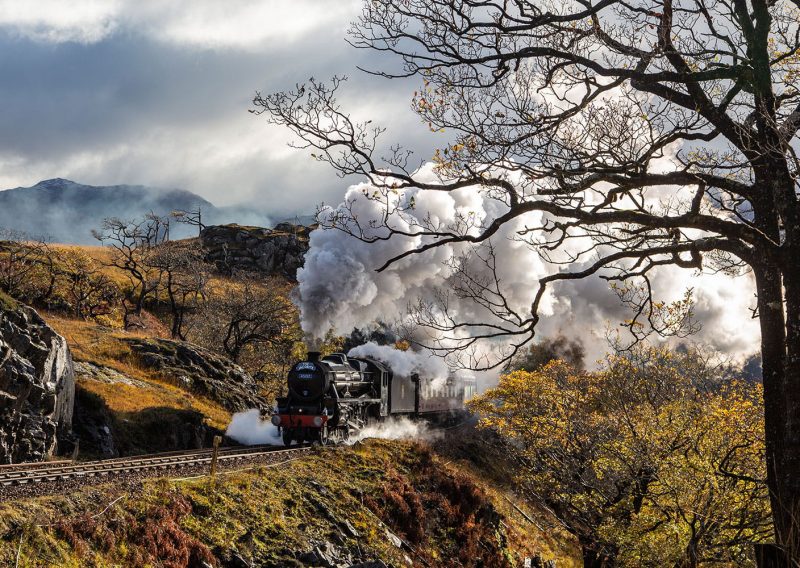From takeoff to turbulence, flying can stir up stress whether you’re a seasoned traveler or preparing for your first flight.
And in a year where airline delays, cancellations, safety incidents, and rising airfare costs have made travel even more unpredictable, flying anxiety is taking off.
But how common is flying anxiety and where are Americans most likely to show the most sky-high nerves before boarding.
To find out which cities are home to the most anxious flyers, LocalsInsider.com surveyed more than 1,100 U.S. travelers across 30 major metro areas. Respondents were asked about their nerves before flying, how far in advance they arrive at the airport, and whether airfare prices add to their stress levels.
We then used the responses to rank each city based on the share of residents who say they feel anxious about flying whether it’s fear of crashing, flying solo, or just general pre-travel jitters.
Highlights:
- 3 in 4 Americans (75%) say they feel at least some stress or anxiety before flying.
- Miami ranks #1 for flight anxiety, with Philadelphia, Nashville, San Antonio, and Orlando rounding out the top five.
- Minneapolis is home to the calmest travelers, followed by San Diego, Portland, D.C., and Seattle.
- On average, travelers say airfare becomes “stressful” at $540.
- How early is too early? Travelers in Las Vegas arrive at the airport an average of 2 hours and 15 minutes before departure, which is the earliest in the nation.
- More than half of Americans (57%) say recent safety-related events have increased flying anxiety.
Which Cities Have the Most Anxious Flyers?


Where do nerves kick in the most for travelers before boarding their flight?
According to our survey, these five cities lead the country in pre-flight anxiety.
1. Miami
Known for its party energy and international departures, Miami tops the list with the highest percentage of anxious flyers in the country. Whether it’s crowded terminals, language barriers, or the stress of international travel, Miami travelers top the list for the nation’s most anxious flyers.
2. Philadelphia
It might be known as The City of Brotherly Love, but Philadelphia isn’t feeling the love in the skies. Philadelphia residents report high levels of stress when thinking about flying and difficulty sleeping the night before a flight, according to our survey.
3. Nashville
Despite its laid-back Southern vibe, Nashville residents report being stressed out when it comes to flying. The city’s growing popularity as a travel hub may play a role, with increased flight volume and tourist traffic potentially raising the stakes for anxious travelers.
4. San Antonio
Travelers in San Antonio report high rates of flight-related anxiety and a fear of turbulence. Overall, the city ranks second for cities most likely to report using alcohol or taking medication before a flight in an effort to calm their nerves.
5. Orlando
Home to one of the busiest airports in the country and a top destination for families, Orlando rounds out the top five. Long security lines, high-volume crowds, and family-filled flights may be pushing stress levels higher for residents flying out of MCO.


From sleepless nights to obsessive packing rituals, flying-related anxiety reveals itself in a number of different ways. However, certain cities are more prone to reporting anxious behaviors than others.
According to the survey, Miami residents are the most likely to lose sleep the night before a flight, while New Yorkers report feeling stressed even at the mere thought of flying. Meanwhile, Austin travelers are most likely to triple-check their travel plans, and Nashville flyers say they’re the most afraid of turbulence. Owning up to its “Sin City” moniker, Las Vegas travelers are most likely to drink alcohol to calm their nerves.


According to our nationwide survey, 3 in 4 Americans feel some level of stress or anxiety before flying, with Gen Z and Gen X reporting the highest levels of pre-flight nerves. Among all age groups, 42% say they consistently feel anxious before a flight, while one-third experience anxiety occasionally.
This stress comes with real-life consequences.
According to respondents, more than 1 in 5 Americans have canceled a trip entirely due to flight anxiety, and one-third have avoided flying altogether. Flying anxiety isn’t just emotional, it’s physical as well. More than half (57%) of Americans say they have trouble sleeping the night before flying.
Stress can also creep into the minds of travelers well before the flight is even booked. On average, Americans report that $540.21 is the tipping point at which airfare begins to feel financially stressful. That figure is higher than the national average cost of a domestic round-trip ticket ($397.12), which highlights how easily travel expenses can add another layer of anxiety to the flying experience.
How Early Do Travelers Arrive at the Airport?
When it comes to managing flying anxiety, timing is everything, and many Americans are giving themselves plenty of breathing room before takeoff.
Locals Insider asked travelers how far in advance they typically arrive at the airport before their scheduled departure and roughly two hours was the average amount of time, according to respondents. But that number varies slightly depending on the city.
Las Vegas travelers top the list, arriving two hours and 15 minutes early on average. This might be due to the high volume of flights and tourists as well as the stress of navigating a major travel hub. New Yorkers aren’t far behind, clocking in at just over two hours, while residents of Minneapolis, San Diego, and Cleveland tend to cut it closer, arriving around 1 hour and 45 minutes before takeoff.
How early should you arrive at the airport before a flight?
The Transportation Security Administration (TSA) advises travelers to arrive at least two hours before domestic flights and three hours before international departures.
Tips to Calm Flying Anxiety by Locals Insider
- Arrive early: Giving yourself extra time reduces stress and avoids last-minute panic.
- Prep ahead: Packing the day before helps you avoid obsessive last-minute checking.
- Breathe deeply: Deep breathing activates the body’s relaxation response.
- Stay distracted: Bring entertainment such as music, a podcast, or a good book in order to keep your mind occupied.
- Skip the drinks: Alcohol may take the edge off initially but can actually worsen anxiety in the air.
Methodology
In June 2025, we surveyed 1,200 American residents within the 30 largest metropolitan areas in the country. Each city’s ranking is based on six factors, including the percentage of residents who feel anxious before flying, report difficulty sleeping the night before a flight, fear turbulence, triple-check travel plans, cancel trips due to flight anxiety, or use alcohol or medication to calm their nerves. The scores for each factor were averaged to create an overall “anxious flyer” score out of 10.
To maintain accuracy, we identified and excluded outliers using the Interquartile Range (IQR) method, ensuring that extreme responses did not skew the averages.
Survey Demographics
- Gender: Female (50%); Male (48%); Non-binary (2%)
- Age Range: 18 – 79 (average: 41 years old)
- Household Income Distribution:
Under $25,000 (12%); $25,000 – $34,999 (9%); $35,000 – $49,999 (13%); $50,000 – $74,999 (23%); $75,000 – $99,999 (17%); $100,000 – $149,999 (15%); $150,000 or more (11%)
Limitations: Self-reported survey data may be subject to recall bias or social desirability bias.
Sources: U.S. Bureau of Transportation Statistics, Transportation Security Administration
Check out our curated lists of wellness resorts in America, medical spas, explore some great natural parks with hiking, or maybe you’d like to fly to one of the best vineyards in Italy instead? Here are our travel insights.









